November 2025
The Genome of Europe
Professor André Uitterlinden (Erasmus Medical Centre, Rotterdam) explains how he and his partners will use sequencing technologies for the Genome of Europe project to build a collective reference genome cohort representing the genetic diversity of European citizens, supporting the development of personalized medicine and health approaches in Europe.
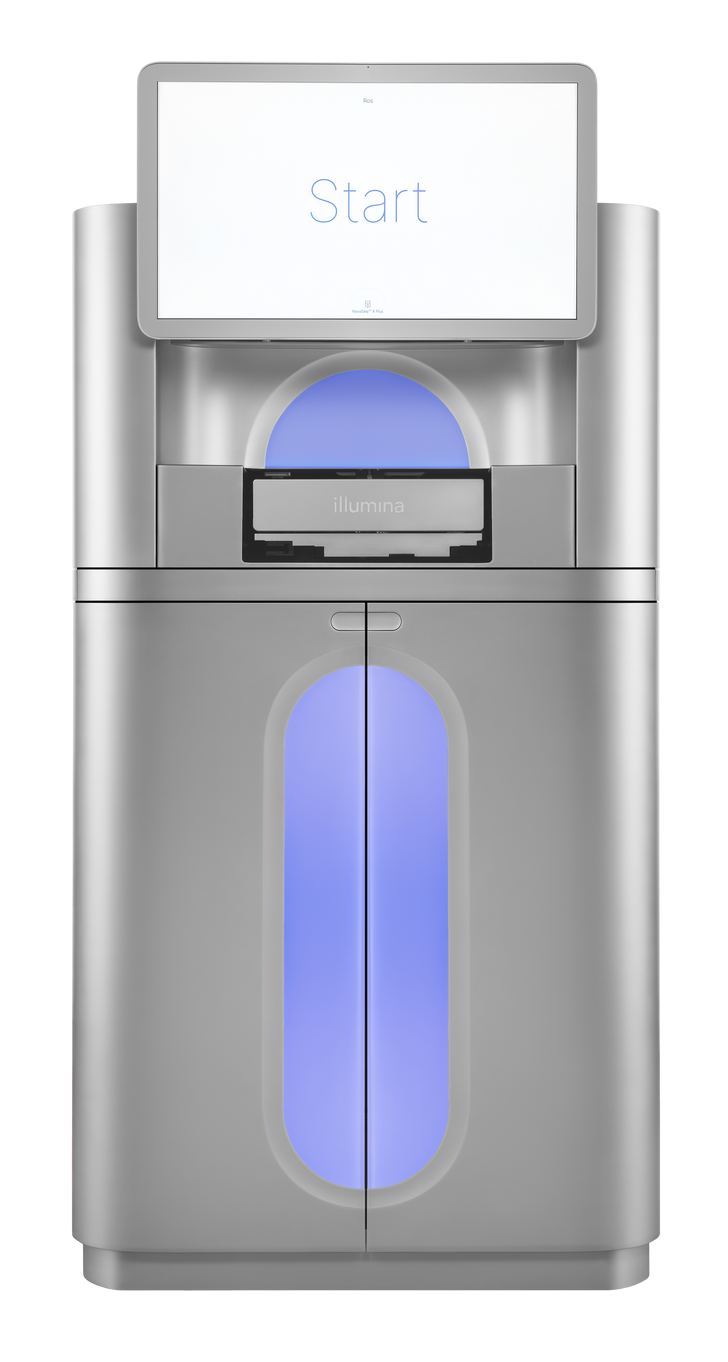


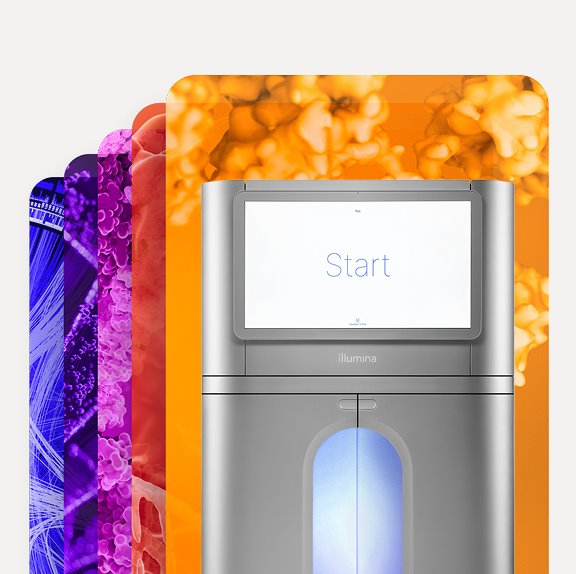
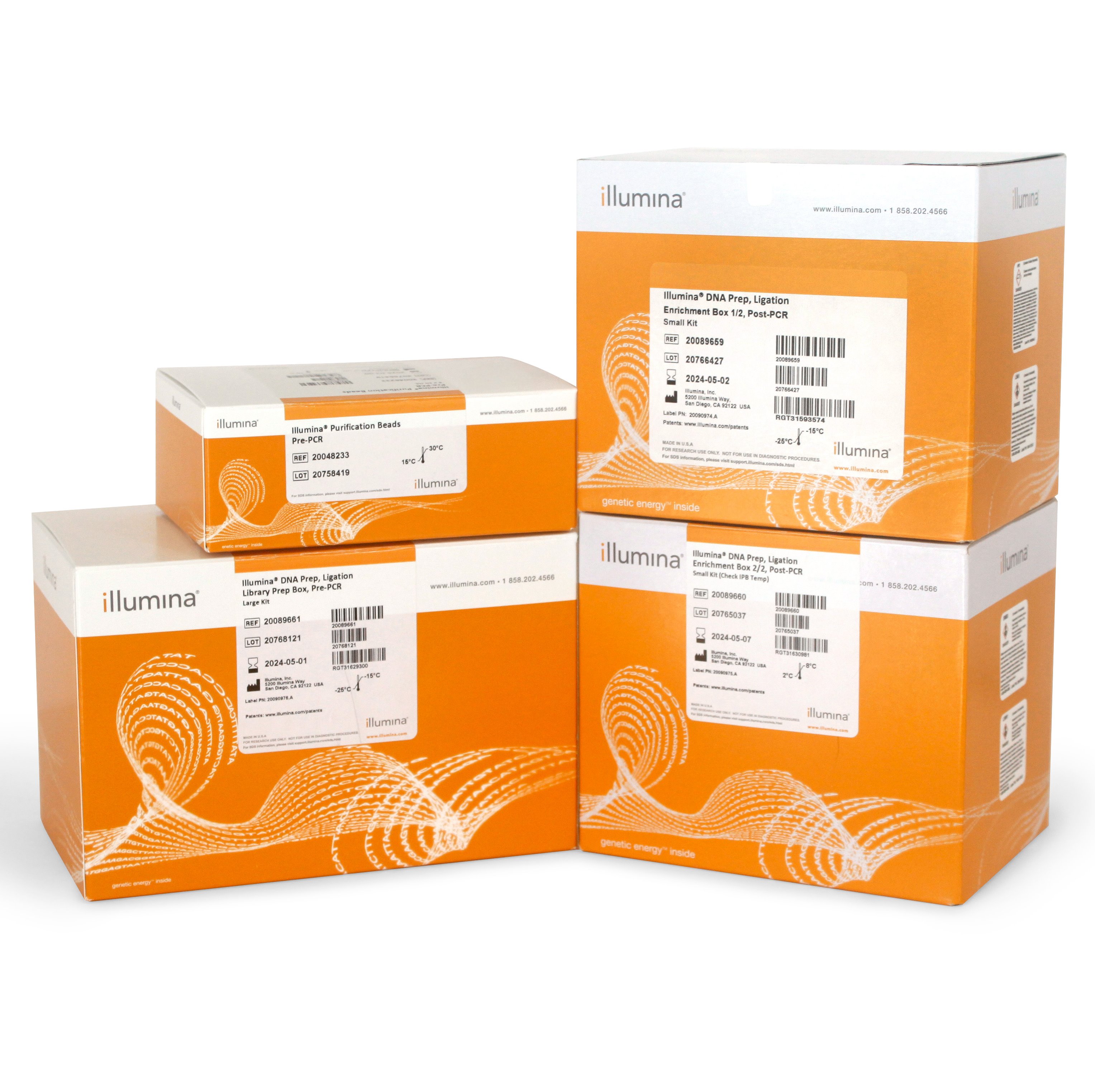

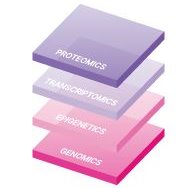
Did you know?
Give me details
Which platform offers high-throughput and on-board DRAGEN analysis to enable Illumina Protein Prep?
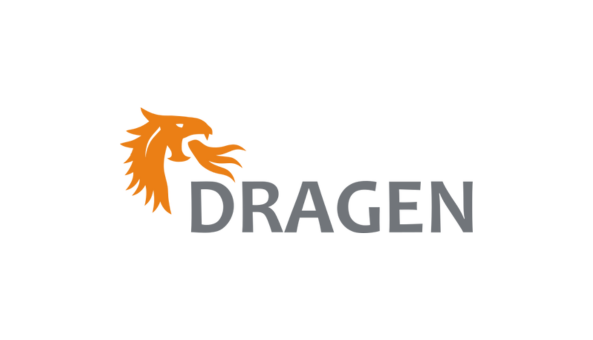
Illumina Protein Prep solution the new standard in proteomics
An end-to-end NGS solution for protein quantification, Illumina Protein Prep unlocks unprecedented discovery power by detecting over 9000 proteins on Illumina NovaSeq X Systems.
Even if the protein-coding sequence of a gene is free from variants, significant insights can be revealed by characterizing promoter regions.
.png?v=10212025124706)
Introducing PromoterAI, the new AI algorithm from Illumina Artificial Intelligence Lab
The Illumina AI team published a study in Science which illustrates how this deep learning technology discovered regulatory variants in noncoding "promoter" segments that contribute up to 6% of the genetic causes of rare diseases.
Innovations to enable multiomics
1
Rethinking Cancer Research with Illumina's 5-Base Solution - Bodour Salhia and Danielle Goldberg
Rethinking Cancer Research with Illumina's 5-Base Solution - Bodour Salhia and Danielle Goldberg
Listen to this episode of Mendelspod to hear Bodour Salhia (USC Keck School of Medicine) and Danielle Goldberg (Illumina) dive into how DNA methylation is transforming cancer research—and why the new Illumina 5-base solution is a game-changer.
How Génome Québec is driving multidimensional insights with Illumina innovation
Scientists at Génome Québec share how the NovaSeq X Plus System is making sequencing faster, more affordable, and more accessible to tackle today’s biggest questions in biology using multiomics.
Multiomics in action
Publication highlights from the research community
Proteomics
Multiomics
Single-cell
Activated GDF11/8 subforms predict cardiovascular events and mortality in humans
Using aptamer-based proteomic assays and cohort analyses of over 15,000 individuals, researchers at Harvard University found that low levels of activated GDF11/8 subforms predict increased risk of cardiovascular events, mortality, and dementia. Unlike mass spectrometry, aptamers selectively detect active forms, offering a promising biomarker and potential therapeutic target for age-related diseases.
Learn more about Illumina Protein Prep

Proteomics
Mulitomics
Single-cell
Proteotoxic stress response drives T cell exhaustion and immune evasion
Using high-resolution mass spectrometry-based proteomics and RNA sequencing across in vitro, viral infection, and tumor models, this study identified a distinct proteotoxic stress response (Tex-PSR) in exhausted CD8⁺ T cells. Tex-PSR features increased protein synthesis, aggregation, and chaperone upregulation, driven by sustained AKT signaling, and impairs immunotherapy efficacy. This novel cellular mechanism underlying T cell exhaustion could have significant future of cancer immunotherapy.
Learn more about Multiomics tools from Illumina

Proteomics
Mulitomics
Single-cell
Single-cell multimodal analysis reveals tumormicroenvironment predictive of treatment response innon–small cell lung cancer
Published in Science Advances, a team of researchers from Stanford University integrated multiplex immunofluorescence, RNA sequencing, and histology data to uncover spatial lymphocyte phenotypes linked to immunotherapy outcomes in NSCLC. Using the NucSegAI deep learning model, researchers identified image-based biomarkers that outperform PD-L1 scoring, offering scalable tools for future personalized cancer treatment.
Learn more about Illumina Single-cell Solution

Educational resources to learn more
Genome and methylome: single assay, multiomic readout
Genome and methylome: single assay, multiomic readout
Discover the value of studying the methylome and genome using Illumina 5-base solution, together, to unravel the mechanisms of cancer, neurodegenerative disorders, and other complex genetic diseases.